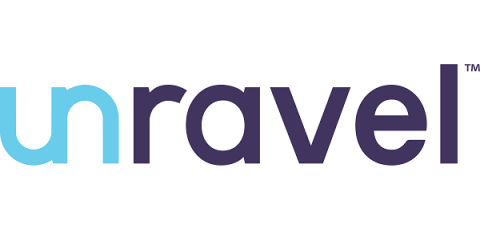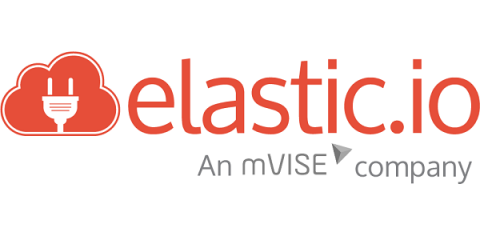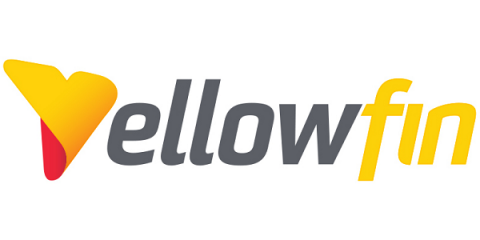Talend Solution Templates - Try on your superhero suit
Hello Talend Superheroes!!! Hope all of you are enjoying your time in Talend realm playing with different types of data. Many of you are old-timers of Talend, but everyday new developers are happily joining the band to learn about various superpowers related to data. Like any superhero movie, there is a learning curve to understand and manage the newly acquired capabilities the right way.









